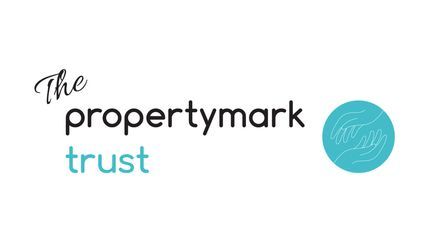
The situation follows a period of intense scrutiny over the UK Government's handling of asylum accommodation. The temporary use of hotels has proven costly and controversial, with critics highlighting poor living conditions and an unsustainable financial burden.
A shift towards engaging private landlords is seen as a strategy to reduce reliance on hotels and improve outcomes for those seeking refuge. However, it raises concerns about the risk of overloading already stretched local housing markets, potentially creating tension between different groups needing affordable homes.
Propertymark recognises the potential of the PRS to support housing for vulnerable groups, including asylum seekers, but this must be underpinned by clear policy, robust support for landlords and agents, and a regulatory environment that encourages rather than deters participation.
Reliance on the PRS is nothing new
The PRS is the second largest housing tenure in the UK, and due to decades of underinvestment in housebuilding and social homes, it increasingly provides accommodation for some of the most vulnerable demographics, including people on low incomes, those at risk of homelessness, the elderly, and people with disabilities.
If the UK Government is serious about tackling the housing crisis and supporting economic growth, it must create the right environment for investment. Landlords need confidence that the regulatory framework and tax system will support long-term planning and sustainable growth.
Propertymark has long campaigned for a a review of landlord taxation and the introduction of policies that reduce costs for those who wish to invest in the PRS. Without this, the market will remain sluggish, and the gap between supply and demand will continue to widen.
Agents should exercise caution
For letting and managing agents, there are immediate considerations. Working with asylum housing schemes could open new opportunities for property management contracts, particularly where councils or agencies like Serco require professional management services. However, agents must ensure that properties meet the required standards, that tenancy arrangements are clearly defined, and that appropriate insurance and compliance measures are in place.
It is important to note that participation in schemes like Serco's involves working under specific service agreements, rather than traditional tenancy contracts. Agents must carefully review contractual terms and ensure that landlords understand the differences, particularly around rent guarantees, maintenance responsibilities, and tenant support services.
Representing our members
Propertymark has consistently raised concerns about the impact of policy uncertainty on landlords and agents, and we continue to advocate for clear guidance, fair incentives, and appropriate safeguards to support our sector. We will continue to monitor developments, keep our members informed, and engage with policymakers and stakeholders to ensure that agents’ interests are represented.
Property professionals considering involvement in a scheme should seek advice where needed and ensure that any decision is made with a full understanding of the operational and financial implications. We welcome feedback from agents who may already be engaging with these schemes. Please contact [email protected] with your comments.








